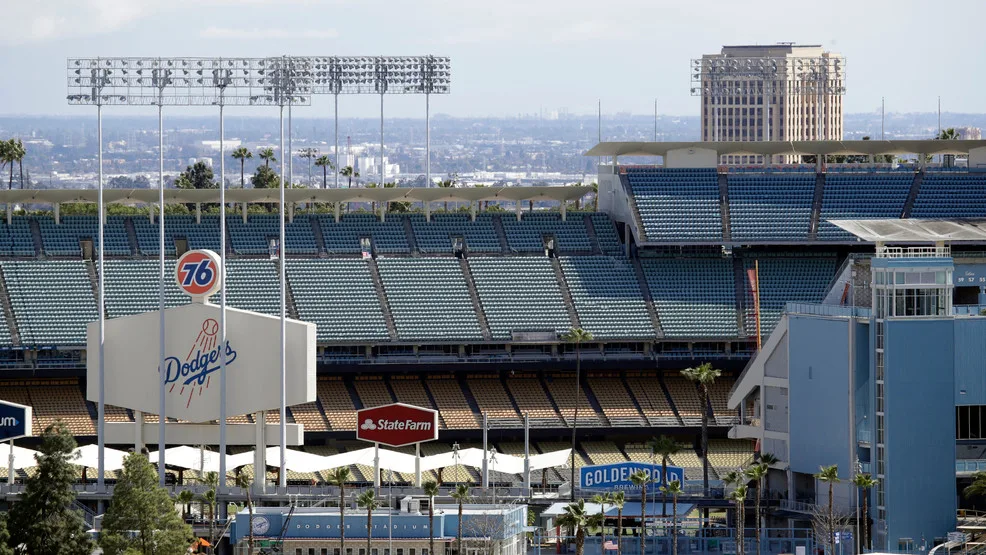
LOS ANGELES (TND) — Los Angeles residents displaced by the construction of Dodger Stadium would receive reparations under a bill being considered California lawmakers.
The Chavez Ravine Accountability Act, or AB 1950, would require the city to compensate homeowners it removed from the canyon in which the stadium sits.
AB 1950 is about confronting a historical injustice and ensuring Angelenos understand the true story of Chavez Ravine,” California Insurance Commissioner Ricardo Lara noted. “Only by acknowledging the past can we work towards a more just and equitable future for all communities in Los Angeles.”
The city disenfranchised roughly 3,800 residents in its efforts to redevelop the La Loma, Bishop and Palo Verde neighborhoods, according to Assemblywoman Wendy Carrillo, D-Los Angeles and the bill’s sponsor. The communities’ residents of color allegedly suffered disparities in housing, economic development, health and public safety.
“With this legislation, we are addressing the past, giving voice to this injustice, acknowledging the pain of those displaced, offering reparative measure, and ensuring that we honor and remember the legacy of the Chavez Ravine community,” Assemblywoman Carrillo stated.
READ MORE | NY reparations commissioner criticized July 4, pinned climate change on ‘White Folks’
The city encouraged residents to leave Chavez Ravine in 1950 for a redevelopment project with the promise they could return to new homes, according to Assemblywoman Carrillo. The initiative unraveled within the next decade and Los Angeles provided the canyon to the Brooklyn Dodgers, who moved west in 1958.
Amid the 1950s, the vibrant community of Chavez Ravine, home to mostly Mexican-American families, as well as Italian-American and Chinese-American, saw an upheaval as families were uprooted and displaced in the name of progress,” the lawmaker argued. “Families were promised a return to better housing, but instead, they were left destitute.”
Reparations would reflect the inflation-adjusted value of the former homeowners’ property.
The bill also requires Los Angeles to construct a memorial in recognition of the displaced residents that is large enough to accommodate public gatherings.
READ MORE | Boston activists demand reparations from local ‘white’ churches
California voters have previously opposed reparations. A September poll found 59% disagreed with the state Reparations Task Force’s recommendations to distribute payments to descendants of enslaved people, with most of the participants strongly opposing it.
“The findings reveal the racial and political contradictions of California voters,” IGS Co-Director Cristina Mora explained. “While many can empathize with the plight of Black Americans, not all of these feelings will translate into support for policies that address longstanding racial harms.”
Follow Ray Lewis on X for trending national news @rayjlewis or send a tip to rjlewis@sbgtv.com.

